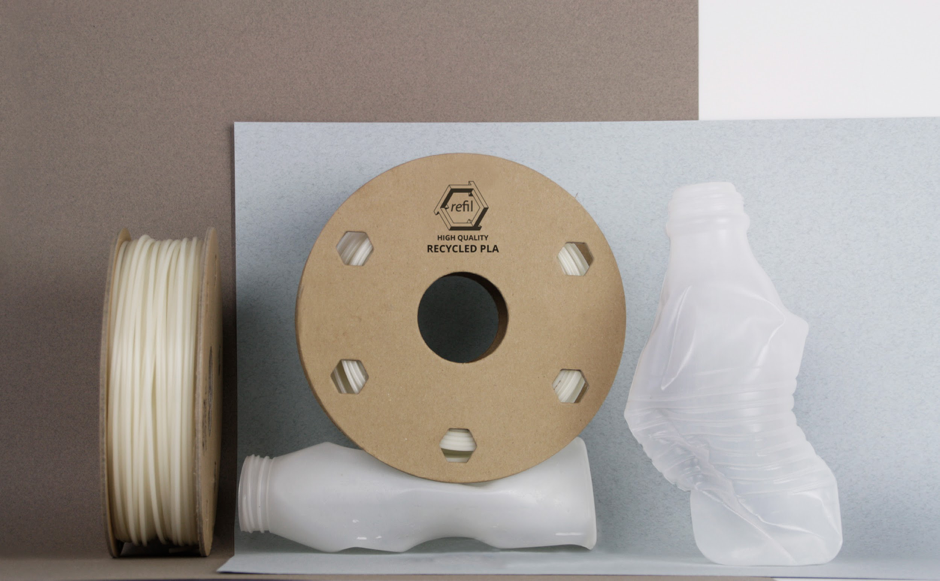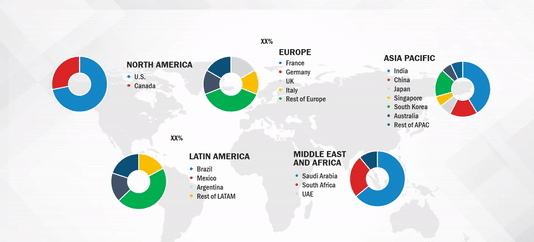On the recommendation of the DGTR investigation arm of the Ministry of Commerce, India has introduced an anti-dumping duty of up to USD 719 per ton for imports of nylon filament yarn from the European Union (EU) and Vietnam for five years.
“The imposed anti-dumping duty … will apply for a period of five years from October 6, 2018 (unless revoked, replaced or changed earlier) and will be paid in Indian currency,” the Treasury Department said in a notice.
The General Directorate for Commercial Auxiliaries (DGTR) found in its investigation that nylon filament yarn (multifilament) from these two regions was exported to India below normal values and that the domestic industry has suffered significant damage as a result of such dumped imports.
The introduction of tariffs aims to protect domestic manufacturers of this yarn from cheap imports from the EU and Vietnam. The anti-dumping duty imposed ranged from USD 719.44 per tonne to USD 128.06 per tonne.
The import of this yarn from the EU and Vietnam increased in October 2015, March 2017 (the investigation period) from 7,201 tons in the period 2013-14 to 13,799 tons.
JCT, Gujarat Polyfilms, Gujarat State Fertilizers and Chemicals, Prafful Overseas and AYM Syntex had jointly requested the initiation of the investigations and the introduction of the levy.
The main uses of this thread are in home textiles and industrial applications such as curtains, sewing and embroidery threads and fishing nets.
In order to recommend tariffs, the DGTR would have to prove in its investigation that dumping caused material damage to the local players. Anti-dumping duties are imposed to level the playing field for local industries by protecting against imports below the cost. The introduction of an anti-dumping duty is permitted under the regime of the World Trade Organization (WTO). Both India and China are members of the Geneva-based body.
The duty aims to ensure fair trade practices and to create a level playing field for domestic manufacturers vis-à-vis foreign manufacturers and exporters. They are not a measure to restrict imports or unjustifiably increase the cost of the products.












